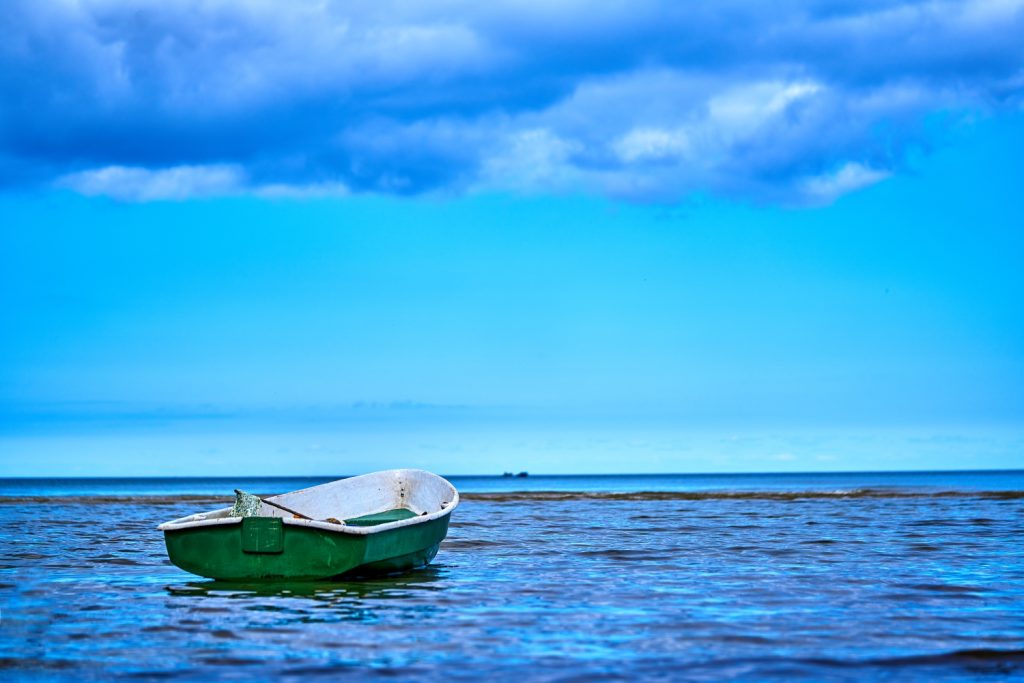What to Do With Derelict Vessels From Hurricane Ian or Nicole?

The Florida Fish and Wildlife Conservation Commission (a/k/a “FWC”) is accepting applications for the “Turn-In” of derelict or at-risk vessels. Under this program the State of Florida will help owners dispose of their at-risk, derelict, or unwanted vessels. The State of Florida will take approved vessels and dispose of them at no cost to the owner. The reason for the program is to dispose of vessels before they deteriorate further and cause environmental damage.
The link to the program is at the following site:
FWC now accepting applications for newly created Vessel Turn-In Program (govdelivery.com)
We have previously commented on Florida’s correct endeavor of getting derelict and almost derelict vessels out of Florida’s waters. Environmentally this makes good sense. FWC indicates that surrendering the vessel to FWC and removing the vessel “will prevent legal ramifications for the vessel owner”. DON’T read that language from FWC too broadly. While it may prevent legal repercussions to the State of Florida by turning over a vessel—and yes a derelict vessel can lead to criminal charges—it is not going to relieve an owner from obligations to his lender or insurer on the vessel.
We have previously commented on this aspect in our www.888BOATLAW.com blogs. A surrender of a vessel to the FWC program is NOT going to negate any mortgage or legal note upon which the vessel is financed. And, it is not going to help you in your insurance claim for the loss/damage of the vessel if you did not first apprise the vessel’s insurance company there was damage to the vessel and give the insurer a chance to examine the vessel.

The best direction is to contact the lender, and contact any insurer, and apprise that you are interested in “turning in” the vessel to the State of Florida. So despite what FWC says about being relieved from obligations to the State of Florida, any person looking to partake in this FWC program should notify their lender on the vessel and notify their insurer on the vessel in order to give the lender and insurer the opportunity to examine the vessel and the circumstances of the damage. Failing to the give the insurer a chance to inspect the vessel can cause the insurance coverage to potentially be negated. If you have a legitimate damage claim, you do not want to give your insurer an easy out by not giving them the chance to inspect the vessel. You must give the insurer that notification and opportunity to inspect the vessel so your claim is not extinguished.
You should also document all communications to the lender and to the insurer in writing. Use the loan number, and use the claim number, in those written communications. It is also advisable for you to take photos of the vessel, if possible. Documentation is king. You also can hire a marine surveyor to document the damage, the state of the vessel, and its approximate worth.
In the case of the insurer you should be informing the insurer that one of the reasons you are “turning-in” the vessel to the State of Florida is to avoid criminal penalties for you and to avoid environmental penalties for your insurer (if you have pollution coverage; not every policy has that, but still the insurer should be interested in avoiding any liability for you or them).

 According to FWC a turn-in vessel must be 1. floating in Florida waters, 2. the owner must have been given at least one at-risk warning or citation, and 3. the owner must have clear title to the vessel. It may be that the State of Florida relaxes some of these requirements in order to get more vessels out of Florida waters. You can contact FWC to determine whether your vessel will quality under the turn-in program.
According to FWC a turn-in vessel must be 1. floating in Florida waters, 2. the owner must have been given at least one at-risk warning or citation, and 3. the owner must have clear title to the vessel. It may be that the State of Florida relaxes some of these requirements in order to get more vessels out of Florida waters. You can contact FWC to determine whether your vessel will quality under the turn-in program.
